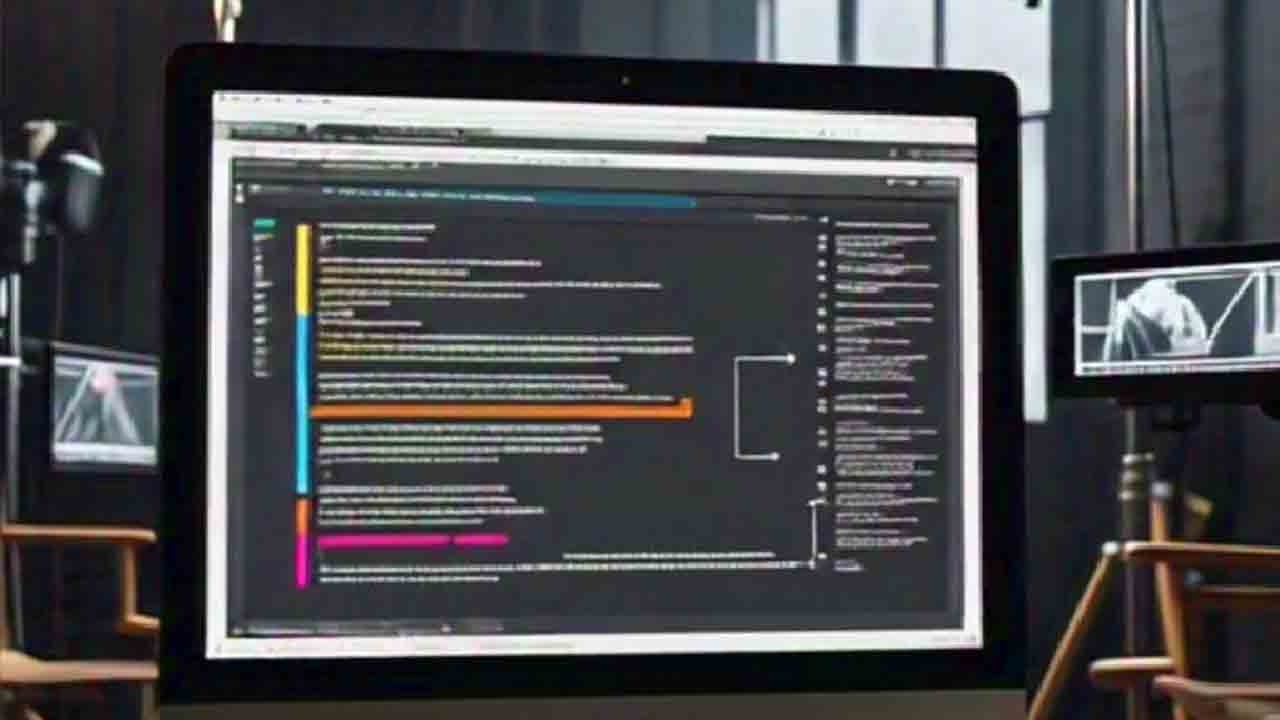
Shahid Online – Revolutionizing cinema, artificial intelligence (AI) is making its mark on the film industry in ways that were once unimaginable. From script analysis to visual effects development, AI is transforming every phase of film production, making processes more efficient and allowing filmmakers to create immersive cinematic experiences. As technology continues to evolve, AI is poised to change the future of filmmaking, bringing both new opportunities and challenges.
Revolutionizing cinema, AI has the potential to reshape the way scripts are analyzed and developed. Filmmakers can now use AI-powered tools to assess scripts for emotional impact, audience engagement, and overall narrative structure. AI algorithms analyze patterns in successful scripts and suggest edits or rewrites that could increase the potential for market success. This technological breakthrough allows writers and producers to make more data-driven decisions, minimizing the guesswork involved in creating a hit movie.
In addition to script analysis, AI is also used to generate ideas for storylines, characters, and dialogues. By analyzing vast databases of films, AI can recommend creative directions, ensuring that the storytelling aligns with audience expectations while still offering unique twists. This process is quickly becoming an invaluable asset for scriptwriters who are eager to streamline their creative process and increase their chances of success in an unpredictable industry.
“Breaking the Silence: Mental Health Awareness Among Teenagers”
Another area where AI is revolutionizing cinema is in the development of visual effects (VFX). Traditionally, creating realistic CGI characters and complex visual environments has been time-consuming and expensive. However, AI is now streamlining this process by automating tasks that once required manual labor and extensive computing power.
AI algorithms are capable of generating highly realistic CGI characters that blend seamlessly with live-action footage. For instance, AI can analyze facial expressions and motion capture data to create lifelike digital avatars, enhancing the realism of animated characters in films. This is particularly useful for action-packed blockbusters and fantasy films, where advanced VFX play a pivotal role in bringing fictional worlds to life. AI is also helping to reduce the costs of post-production by speeding up rendering times and improving visual effects accuracy.
Revolutionizing cinema further, AI has also stepped into the realm of market research. Where it can predict the potential success of a film even before it is released. By analyzing audience preferences, past box office data, and social media trends. AI can forecast how well a movie might perform upon its release. This predictive ability gives filmmakers and studios valuable insights into which types of films are likely to resonate with audiences.
Additionally, AI can help optimize marketing campaigns by identifying key demographics and creating targeted advertisements. By analyzing audience sentiment, AI can recommend the most effective ways to promote a film. Ensuring that marketing efforts are tailored to attract the right viewers. This helps maximize a film’s reach and ensures that marketing budgets are spent more efficiently.
As AI continues to advance, its role in revolutionizing cinema will only become more significant. From streamlining production processes to enhancing creativity and predicting market success. AI is changing the way films are made, marketed, and consumed. Filmmakers now have the opportunity to create more engaging, visually stunning, and commercially successful films. Thanks to the power of artificial intelligence. While challenges remain, such as the ethical implications of AI in creative industries, the potential for AI to reshape the film industry is undeniable. Offering a glimpse into a future where technology and storytelling are seamlessly intertwined.
“North Bend Fire Dept. Hosts 58th Annual Pancake Feed”